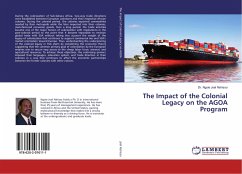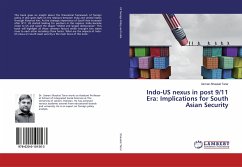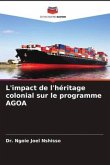During the colonization of Sub-Sahara Africa, two-way trade directions were established between European colonizers and their respective African colonies. During the colonial period, the colonies exported commodities needed by their metropolis while the later imported into their colonies, manufactured consumer goods. Over a long period, the trade activities became one of the major factors of colonization with implications in the post-colonial period to the point that it became impossible to envision global trade with SSA without taking into account the weight of the legacy of colonization that continues to support commercial ties and SSA's market orientation toward Europe. Thus, understanding the underpinning of the colonial legacy in SSA starts by considering the economic theory suggesting that the common primary goal of colonization by the European empires was to secure easy access to the cheap labor force, mineral, and agricultural resources. To achieve these objectives, the colonizing powers imposed their languages, education system, and trade direction in their colonies in a way that continues to affect the economic partnerships between the former colonies with other nations.
Bitte wählen Sie Ihr Anliegen aus.
Rechnungen
Retourenschein anfordern
Bestellstatus
Storno








